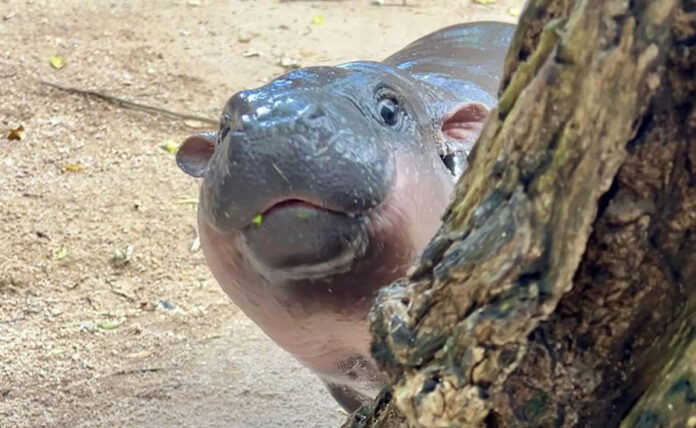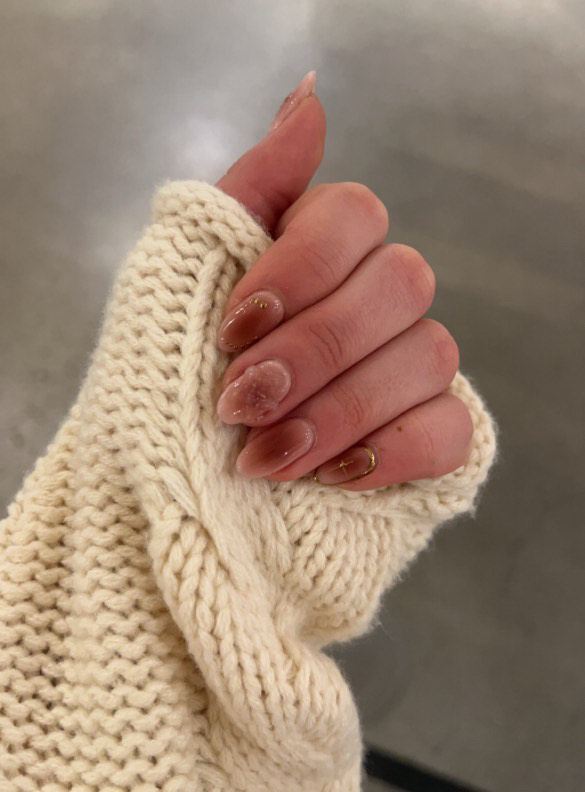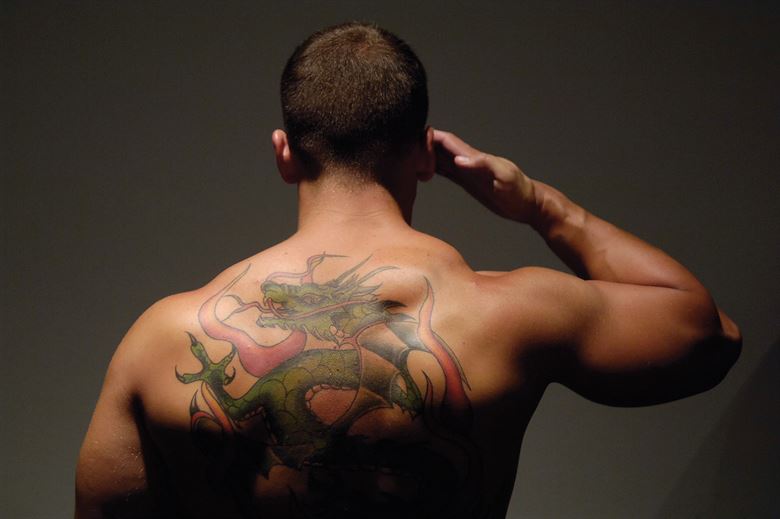Discrimination Against Body Modifications In The Workplace
Body modifications such as tattoos, piercings and brandings are governed by Air Force regulations. Before getting any new work done, Airmen should consult the instructions to ensure that they stay within the guidelines while presenting a professional image.
April 3, 2018
A vast majority of society will make an assumption about modified people before they have even met them personally. Many seem to think that those who have body modifications are low-lives;that will do no good in society. One thing people tend to forget is that so many individuals have different forms of body modifications. It isn’t just the “low-lives” that are getting tattoos or the “rebellious” teens getting piercings. There are people in every culture and every career with different body modifications. It is not rare to encounter someone who has some form of body modification considering it has become very prevalent in many parts of our nation. Body modifications are becoming a part of our community and the opinions some have towards it will only hurt society as a whole. Botox, plastic surgery, breast implants, fake eyebrows, nail extensions, and colored hair are examples of body modifications. While not everyone likes these or thinks they’re beautiful, employees are not told to cover up these beautification modifications. Tattoos and piercings are merely another form of beautification. Beauty is subjective.
According to BBC News, in July, Jo Perkins, a consultant in Milton Keynes, had her contract terminated because of a four centimeter image of a butterfly on her foot contravened the no-visible-inking policy of the firm for which she worked at. The company said she had failed to cover it up. She wasn’t the first. A 39-year-old mother-of-three from Yorkshire with the mantra, “Everything happens for a reason” on her arm was dismissed as a waitress in 2013 following complaints from customers. Stapaw states, in all cases, employers insisted they were acting within their legal rights. And therein lies a potential hazard for a rapidly-growing section of the workforce.
Interviewee Seymore, a general manager of Donatos Pizzeria clearly expressed, “The fact is, wicked human beings aren’t the only ones getting body modifications like some others would like to believe. If people would set aside their perceptions of who chooses to get tattooed or what kind of piercing one may get, they might become more optimistic of this matter.”


























